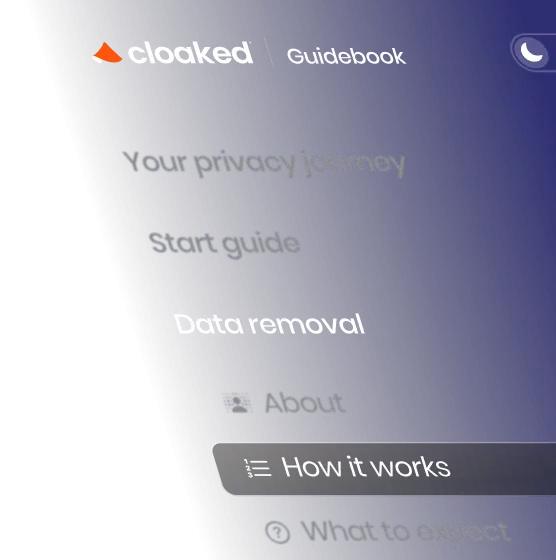Eurofiber France has announced a data breach after discovering that hackers exploited a vulnerability in its ticket management system and exfiltrated customer-related information. The breach came to light after a threat actor began advertising stolen data for sale on a leak forum.
Below is a clear breakdown of what information may have been exposed, whether you should be concerned as a potentially affected customer, and the actions you should take next.
1. What Datapoints Were Leaked?
Eurofiber France confirmed that its ticketing platform and the ATE cloud portal were compromised following a vulnerability exploit. While the company insists that “critical data” such as banking information stored on separate systems was not affected, it has not fully detailed the specific data types that were stolen.
What We Know So Far
The threat actor—using the alias ByteToBreach—claims to have stolen sensitive operational and customer files uploaded to the ticketing system. These allegedly include:
- Credentials and login information
- Source code and certificates
- Archives and SQL backup files
- Other documents submitted for tech support
They also claim the stolen data belongs to 10,000 businesses, including government organizations.
Systems and Brands Affected
The incident impacts Eurofiber France and its regional sub-brands:
Indirect sales and wholesale partners were minimally affected, as most operate on separate systems.
Company Response
- The vulnerability was patched within hours of detection
- Ticketing systems were placed under enhanced security
- Additional safeguards have been deployed
- French authorities (CNIL and ANSSI) have been notified
- A report for extortion has been filed
However, the company has not disclosed:
- How many customers were impacted
- The exact data compromised
- The name of the breached software
2. Should You Be Worried?
If your business interacts with Eurofiber France or uses its ticketing/support systems, yes — you should take this breach seriously, especially if your organization uploads technical files or configuration data during support requests.
High-Risk Exposure
Based on the attacker’s claims, the stolen information could enable:
- Network compromise via stolen VPN configs
- Credential stuffing and account takeover
- Unauthorized system access using leaked certificates or backups
- Targeted phishing using internal data
- Supply-chain attacks against your organization
Technical files, configuration documents, and credentials are significantly more dangerous than typical contact information and can be used to infiltrate your internal environment.
Operational & Reputational Risk
If your organization works with Eurofiber France:
- Attackers might now possess sensitive operational details
- Exposed data could reveal internal infrastructure setups
- Threat actors often use leaked support files to stage multi-step attacks
Extortion Risk
Since ByteToBreach is demanding payment to avoid leaking data:
- Your organization's data may appear publicly
- Attackers may reach out directly to victims for additional extortion attempts
Given these factors, the breach presents moderate to high risk for any business whose data was stored in Eurofiber’s support systems.
3. What Should Be Your Next Steps?
If your business is a customer, partner, or support user of Eurofiber France or any of its sub-brands, take the following steps immediately:
1. Assess What Files Your Organization Uploaded
Review past support tickets to identify whether you shared:
- VPN or firewall configurations
- Screenshots showing sensitive system interfaces
Assume any uploaded file is potentially exposed.
2. Rotate and Invalidate Sensitive Credentials
If you shared any credentials—even temporarily:
- Update VPN keys and configs
This reduces the risk of attackers leveraging leaked information.
3. Strengthen Network Security Immediately
Implement or double-check:
- Logging and intrusion monitoring
Given the type of data involved, proactive defenses are essential.
4. Watch for Targeted Intrusion Attempts
Monitor for:
- New or unusual remote-access attempts
- Suspicious login patterns
- Unexpected configuration changes
- Phishing emails referencing Eurofiber or support tickets
Attackers commonly follow up with targeted attacks on victims of such breaches.
5. Await Eurofiber’s Direct Notification
Eurofiber France stated it will notify impacted customers individually.
However, you should not wait for confirmation before taking action—especially if you routinely upload sensitive technical data.
Cloaked FAQs Accordion
Frequently Asked Questions
First, change your passwords—especially if you've reused them across sites. Then enable two-factor authentication (2FA) on all key accounts. Review your account and credit activity regularly for any unusual behavior. If suspicious actions surface, consider freezing your credit and alerting your bank. To proactively reduce exposure in the future, tools like Cloaked can mask your personal information before breaches happen.
Cloaked provides you with disposable emails, phone numbers, and payment details, making it harder for bad actors to access your real identity. These tools help you safely sign up for services, communicate, and shop online without putting your core identity at risk.
Commonly targeted data includes full names, email addresses, phone numbers, birthdates, physical addresses, login credentials, and payment info. Tools like Cloaked help shield this information by providing secure, masked alternatives.
Always be skeptical. Malicious links are one of the most common ways hackers infect devices or steal data. Avoid clicking unless you can verify the source. Services like Cloaked can add layers of security so your real contact info isn’t exposed even if you make a mistake.
Using the same contact info across platforms makes it easy for attackers to build a full profile of you. If one platform gets breached, all your accounts can be at risk. That’s why Cloaked allows you to use different, secure contact methods for each service.


















